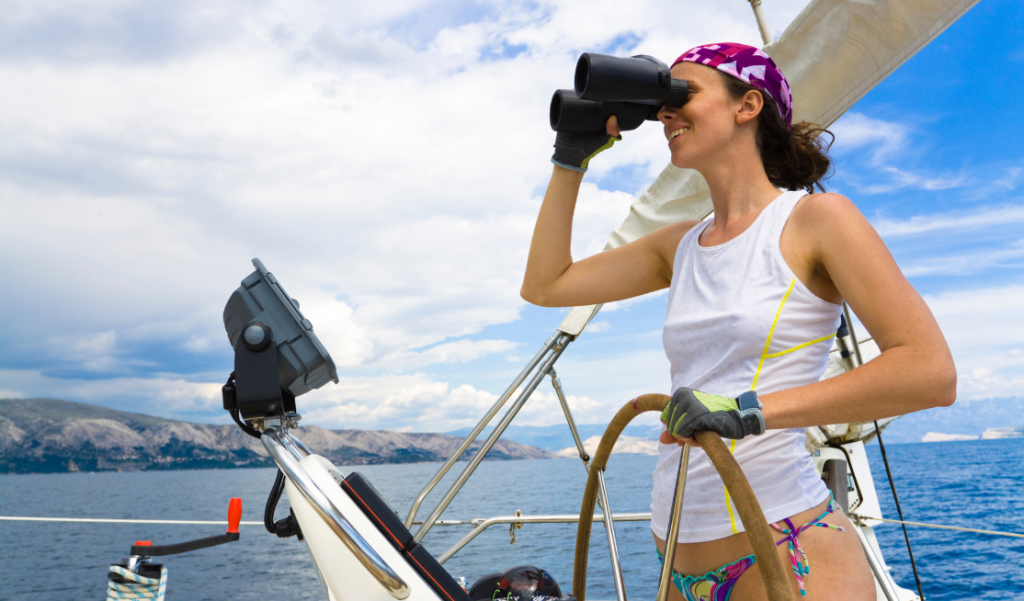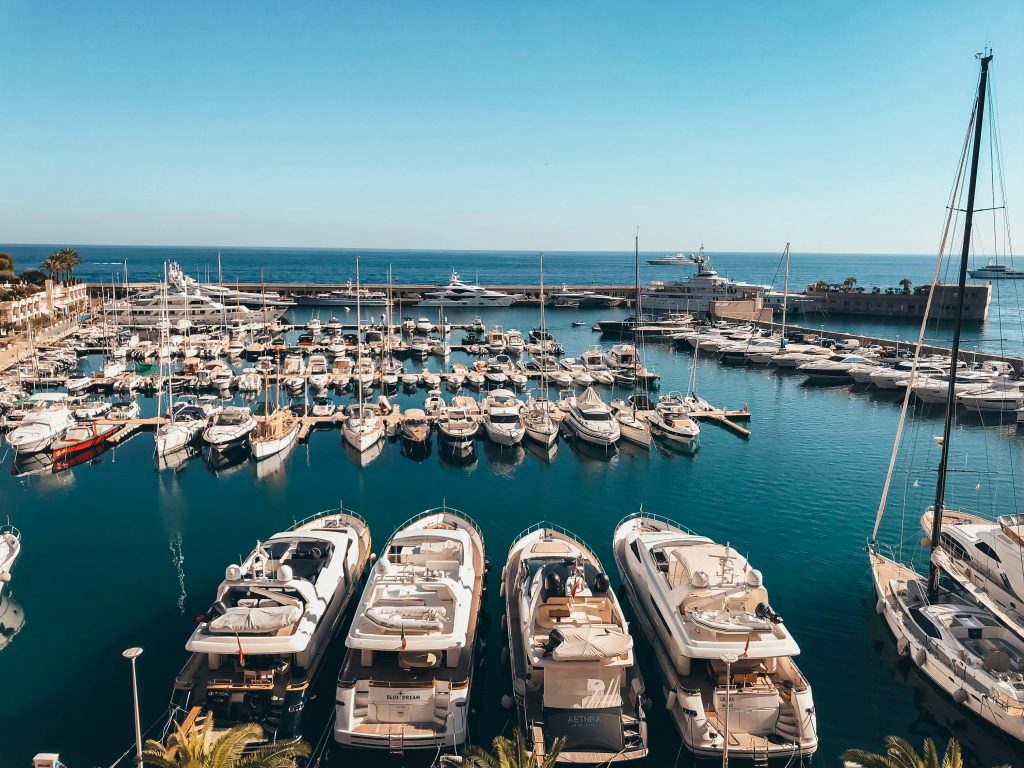In the world of yachting, rules abound. There are obviously those of the Nautical Code, which deal exclusively with navigation and safety; there are those for maintenance of various products, for safety reasons and value preservation; there are the rules of marinas, which vary slightly from one marina to another; and then there are the written and unwritten rules of yachting etiquette. And it is precisely these small and large considerations and concerns that unite seafaring people, aimed above all at avoiding accidents, annoyances, and disturbances, knowing that everyone has the right to fully enjoy their days on the boat. It is precisely because of the respect for the written and implied rules of yachting that true sailors distinguish themselves in a few seconds upon their arrival in our marina in Genoa, in the way they maneuver the boat in tight spaces as well as in their behavior while living in their boat slip. But what are these yachting rules? Well, there are really many: below we try to list all those that come to mind!

Yachting etiquette, on board and in the marina
Always maintain, as far as possible, a sufficient distance from other boats, to reduce the likelihood of accidents and to ensure freedom of movement, tranquility, and privacy for everyone;
Minimize noise, both at anchorage and in the marina. This means avoiding playing the boat’s stereo at high volume, reducing generator use to a minimum, and avoiding shouting and loud noises, especially during hours normally intended for rest;
It is not always forbidden to have “noisy” parties on board the boat. If you intend to have them inside the marina, it is advisable to inquire with the marina management about any regulations in this regard, as well as inform neighboring boats well in advance; it is obviously not to be excluded the possibility of moving the party elsewhere, to an anchorage where music and noise do not translate into a disturbance;
The moment of refueling must be managed carefully. It is essential
to be prepared, equipped, and attentive not to let even a drop of fuel fall into
the sea, to avoid dramatically polluting the waters; and it is good practice, in the case of
yachts of significant size – which can therefore take a long time to
refuel – to plan the refueling in advance, notifying the managers and avoiding
peak times, to avoid creating long queues;
Dispose of waste in the appropriate recycling containers, which means not
throwing anything – absolutely nothing – into the sea, as well as keeping the docks of marinas
clean and tidy, knowing that each marina adopts different rules (in our
marina in Genoa, for example, we offer a dockside waste collection service);
Still on the subject of sustainability, it is extremely important to pay great
attention when anchoring, to minimize the possibility of
causing damage to the seabed; for this reason too, it would always be good to know what
is below the hull before dropping the anchor;

Do not create wake for other boats, especially when at anchorage;
On board a yacht, it is always good to be collaborative, as well as positive and available, in the awareness that life on board is a team life;
Some are fortunate enough to travel on large yachts, on spacious catamarans, and so on.
With the exception of the most generous vessels, where the space available for each
passenger is actually very large, in all other cases it is necessary to pay attention not to “spread out” too much, keeping one’s personal effects well organized in the cabin, avoiding occupying common areas beyond what is sensible, and so on;
Fresh water should be used judiciously, based on the actual availability on board. While some yachts can rely on large tanks, in most cases we are talking about limited reserves. This is why any showers should be quick and effective, recognizing all the value that fresh water deserves;
It would be good practice, when a boat owner invites people with little or no familiarity with the world of navigation on board their yacht, to dedicate some time to their “training,” so that they can experience boating at its best, in full safety, and without creating disturbance to the rest of the crew. This obviously starts with safety issues, showing the locations of equipment such as life jackets and rafts, and extends to the on-board hierarchy, the use of the toilet and water, respect for spaces, and so on.

Those who intend to bring an animal on board a yacht should organize themselves in a way to do so without causing disturbance to others. There are certainly no rules that absolutely prohibit the entry of dogs and cats on boats, and in fact there are many boaters and boat owners who would never leave for a cruise without bringing their furry friend; that said, it is obviously good for passengers to ask the boat owner whether or not it is appropriate to bring their dog or cat on board, knowing that if the answer is affirmative, it will be necessary to find a good place on board for the animal (cool, quiet, and so on) as well as take care of it, knowing that the transition from land to boat for an animal is often not the easiest.


